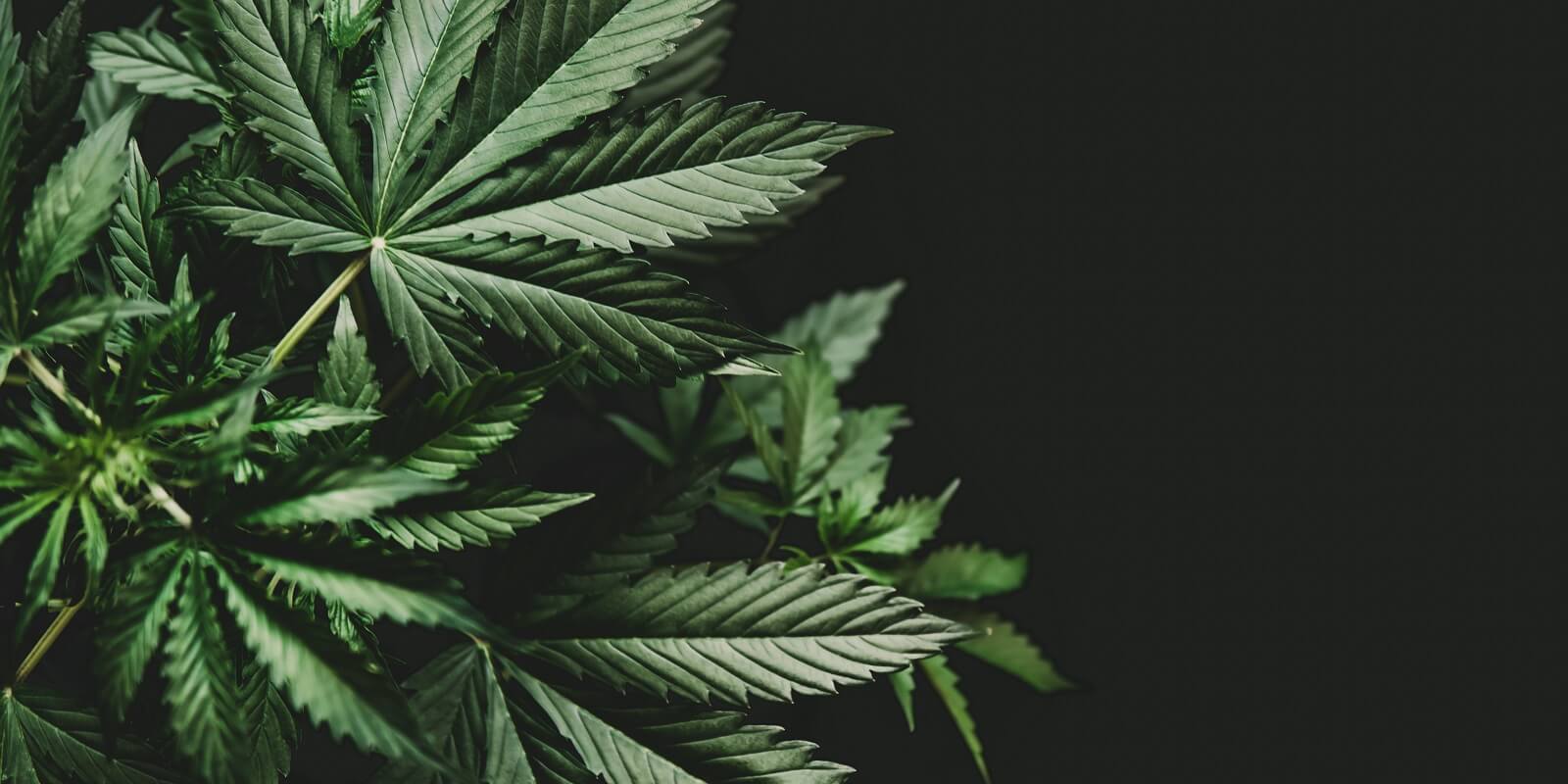Best Cannabis Products for a Good Night’s Rest
September 16, 2024Getting a good night’s rest can feel like a luxury, but it is essential for long-term health. If you struggle to get to sleep or...

The status of cannabis in the United States has been convoluted. As of April 2023, 38 states permit the use of marijuana for recreation or medicine. However, these states legalized cannabis at different times and contexts, leaving laws inconsistent and confusing.
How did America get here? And more importantly, will America expand its cannabis laws to the federal level? Here is the information you need to know.
The United States has a complicated relationship with cannabis and its legality. Although cannabis existed far before the origins of the United States as we know it today (many founding fathers cultivated hemp), it wasn’t until the early twentieth century that laws were passed that made cannabis or hemp products illegal.
These laws changed the possession of such substances to a misdemeanor. The Marihuana Tax Act of 1937 permitted cannabis for medical uses, but the required fees and permits lessened its use significantly. In 1969, the Marihuana Tax Act was struck down by the Supreme Court in Leary v. United States.
Only a year later, the Controlled Substances Act (CSA) was enacted. The CSA sought to be a definitive account of U.S. drug policy in all contexts. Its success on that level is debated, but it was extensive nonetheless.
The CSA classified cannabis as a Schedule I substance with a high potential for abuse and no medical uses. This classification was questioned then, as experts had been aware of cannabis’ medical benefits, and is considered baffling now.
These laws and the War on Drugs have altered public perception over time, with President Ronald Reagan referring to marijuana as “the most dangerous drug in the United States.” Some element of the War on Drugs was forwarded as legitimate concern over drug use.
Still, it is undeniable that one primary driver was using the concept as a political tool. Regardless of the motivation, it impacted the public perception of cannabis. The reevaluation of cannabis is relatively recent and owed to education and cultural figures like Brownie Mary, who was more grandmotherly than criminal.
In 2012, Washington state was the first to legalize marijuana for recreational usage alongside Colorado. Two years later, the Rohrabacher-Farr amendment ensured that the federal government could not strike down these state legalizations.
It is difficult to know what is on the horizon for cannabis legalization at the federal level. However, there are a few reasons to be optimistic about the future. A number of proposed pieces of legislation, should they pass through the houses of Congress, would deschedule cannabis, broaden its medical legality, or assist cannabis businesses with hostile banking situations.
In October 2022, President Biden issued a statement calling for a thorough review of marijuana’s scheduling under the CSA. Secretary Xavier Becerra of the Department of Health and Human Services (HHS) and U.S. Attorney General Merrick Garland hope to finish this review and present their findings at the end of 2023.
Their reports could lead to de-scheduling cannabis from the CSA, as proposed in the Marijuana Opportunity Reinvestment and Expungement Act (the MORE Act). However, whether their investigation will result in the proposed expungement of prior convictions is less clear.
Just last April, Dave Joyce and Hakeem Jeffries introduced an act whose acronym rivals MORE: the Preparing Regulators Effectively for a Post-Prohibition Adult Use Regulated Environment Act (or the PREPARE Act), which focuses on what the sale of cannabis would look like after potential federal legalization.
While these plans and proposed acts should incite optimism, it bears remembering how convoluted lawmaking can be in America. While there has been a decent amount of bipartisan support for these pieces of legislation, America is entering an election year, and it is almost impossible to predict what will become politicized. A return to War on Drugs rhetoric isn’t entirely impossible.
It may seem at first that the power to federalize cannabis is entirely in the hands of the government. However, barely a decade ago, states began passing laws legalizing cannabis, largely due to the culture’s demands for more sensible regulations. Americans can help push the culture further by calling their senators, participating in public events, and voting.
As long as marijuana isn’t legal at the federal level, people should know how laws differ from state to state and remember that taking cannabis across state lines is always prohibited. Until cannabis is legalized federally, Americans can help to nurture the country’s perception by normalizing the use of cannabis where it is legal.
One of the more fun ways to campaign for federal cannabis legalization is by choosing a dispensary that moves the mission forward. The team at Pure Oasis is proud to offer high-quality cannabis products, and we strive to normalize the purchase of cannabis, increase the representation of minority-owned businesses, and assist with community outreach.
Pure Oasis understands that dispensaries have the potential to build community. We do our part—including offering a scholarship for students who want to go to law school and funding workshops where those convicted of marijuana possession can get their convictions expunged. Please stop by one of our locations to get your cannabis supplies or ask questions!
Are you at least 21 years old?